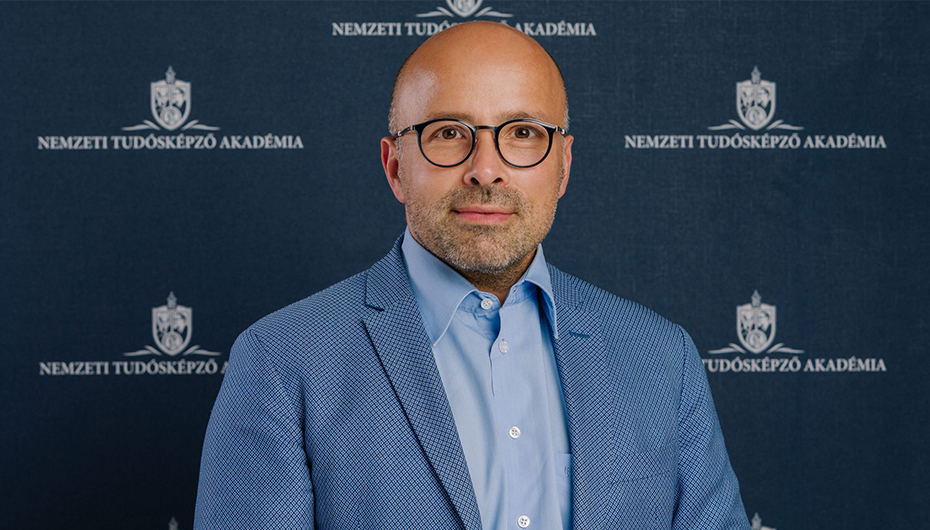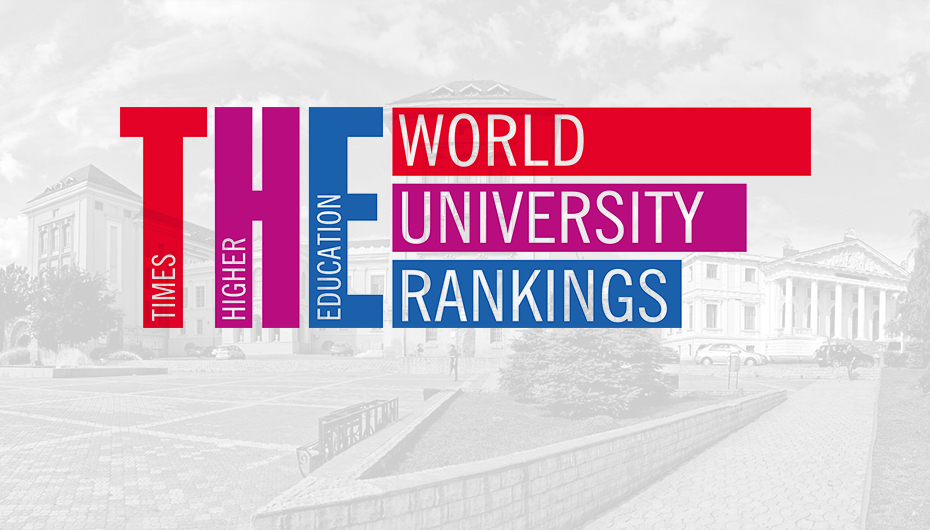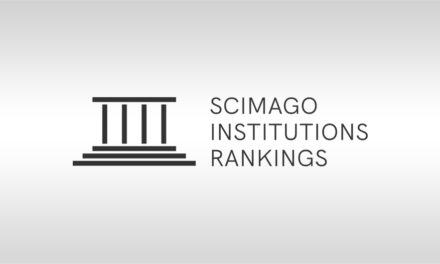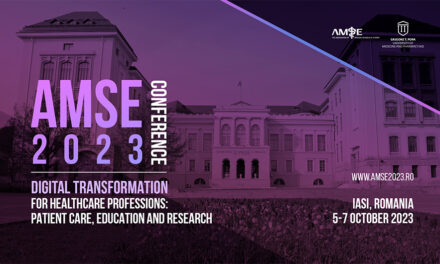Director of the Centre for Translational Medicine of Semmelweis University will hold two lectures at “Grigore T. Popa” University of Medicine and Pharmacy Iași

Dr. Peter Hegyi, a member of the Hungarian Academy of Sciences and the director of the Centre for Translational Medicine at Semmelweis University, Budapest, will present two scientific conferences at “Grigore T. Popa” University of Medicine and Pharmacy in Iași on March 4-5 of this year.
”We are privileged to announce that Dr. Peter Hegyi, a top-tier researcher in Hungary, has accepted our invitation to deliver lectures at UMF Iași. These two scientific lectures are part of a collaborative effort between the «Grigore T. Popa» University of Medicine and Pharmacy Iași and Semmelweis University in Budapest, a renowned institution in Europe. In 2022, a partnership agreement was established between IOSUD UMF Iași and the Centre for Translational Medicine, presenting an exceptional opportunity for doctoral students who are also residents to engage in the innovative doctoral program in Translational Medicine,” stated Prof. Viorel Scripcariu, the rector of UMF Iași.
“From Science to Society: Transforming research to Society”
The first lecture, entitled “From Science to Society: Transforming research to Society”, will take place on Monday, March 4, at 2:00 p.m., in the “George Emil Palade” Aula.
Based on data collected by EUROSTAT, an average of 1.7 million people die each year in Europe, of which 1.2 million deaths could have been prevented through more effective primary prevention and public health intervention. Starting from this statistic, Dr. Hegyi will show how translational medicine can contribute to reducing the mortality rate, offering the example of the cyclical model of translational medicine developed by the European Academy – an organization whose stated mission is to support education and research at the highest level of excellence, or the hybrid doctoral and residency program in Translational Medicine at Semmelweis University, which offers students the opportunity to simultaneously engage in medical and scientific activities.
“Unveiling the Hidden Dangers: Exploring Mortality and Morbidity Risks in Post-Acute Pancreatitis Patients”
The second lecture, “Unveiling the Hidden Dangers: Exploring Mortality and Morbidity Risks in Post-Acute Pancreatitis Patients”, will take place on Tuesday, March 5, at 2:00 p.m., in the “George Emil Palade” Aula. In this conference, Dr. Hegyi will present the results of a study analyzing the causes and risk factors underlying the high post-discharge mortality rate of patients suffering from acute pancreatitis.
Péter Hegyi is a distinguished figure in the scientific community, known for his significant contributions to pancreatology, education, and beyond. His groundbreaking discoveries in pancreatology have elucidated the critical role of duct cells in pancreatitis, demonstrating how substances like bile acids, fatty acids, and ethanol affect pancreatic ductal secretion through mitochondrial damage and calcium overload. Hegyi’s work has not only advanced scientific understanding but has also been translated into clinical trials, benefiting patients directly. His influence extends to the establishment of three high-quality pancreatic research centers in Hungary and the Hungarian Pancreatic Study Group (HPSG), which includes 110 hospitals from 28 countries. His dedication to fostering new talent in the field is evident in the 28 PhD degrees awarded to his students, many of whom now lead their own significant projects.
Beyond his scientific achievements, Hegyi has made a profound impact on science education. He founded the National Academy of Scientist Education in Hungary, a pioneering system that integrates continuous science education for students, drawing attention from top scientists globally, including Nobel laureates. The school provides continuous science education for around 2700 secondary school and 100 university students. Many top scientists including 15 Nobel laureates visited the new school system in Szeged.
He established the first Centre for Translational Medicine in Eastern and Centre Europe in 2016 at the University of Pécs which moved to the Semmelweis University and was further developed to a nationwide hybrid physician-scientists program. The main objective of the two-year-old program is to bring scientific results for society benefit. He has launched a new type of hybrid PhD training for healthcare professionals. The centre has been established for only two years but already trains 264 PhD students. An important article was published in Nature Medicine concerning the effectiveness of the program.
The Center for Translational Medicine began its operation on June 1, 2021 at the Semmelweis University in Budapest. Its primary focus includes the initiation and management of the hybrid doctoral and residency program in Translational Medicine, along with providing interdisciplinary support for clinical research endeavors led by investigators.
As part of the training program, participants will develop clinical research competencies through a hands-on approach, engaging in independent scientific projects. They will be guided in clinical research planning, encompassing tasks such as systematic reviews, patient registries, and clinical trials, within study groups facilitated by seasoned members of the Translational Medicine Center. Progress on their projects will be shared every three months, fostering regular feedback and collaboration. Additionally, participants will contribute to fellow students’ projects, culminating in the publication of 1-2 papers as lead authors and several more as co-authors by the end of the program. These publications will serve as integral components of their doctoral theses.




